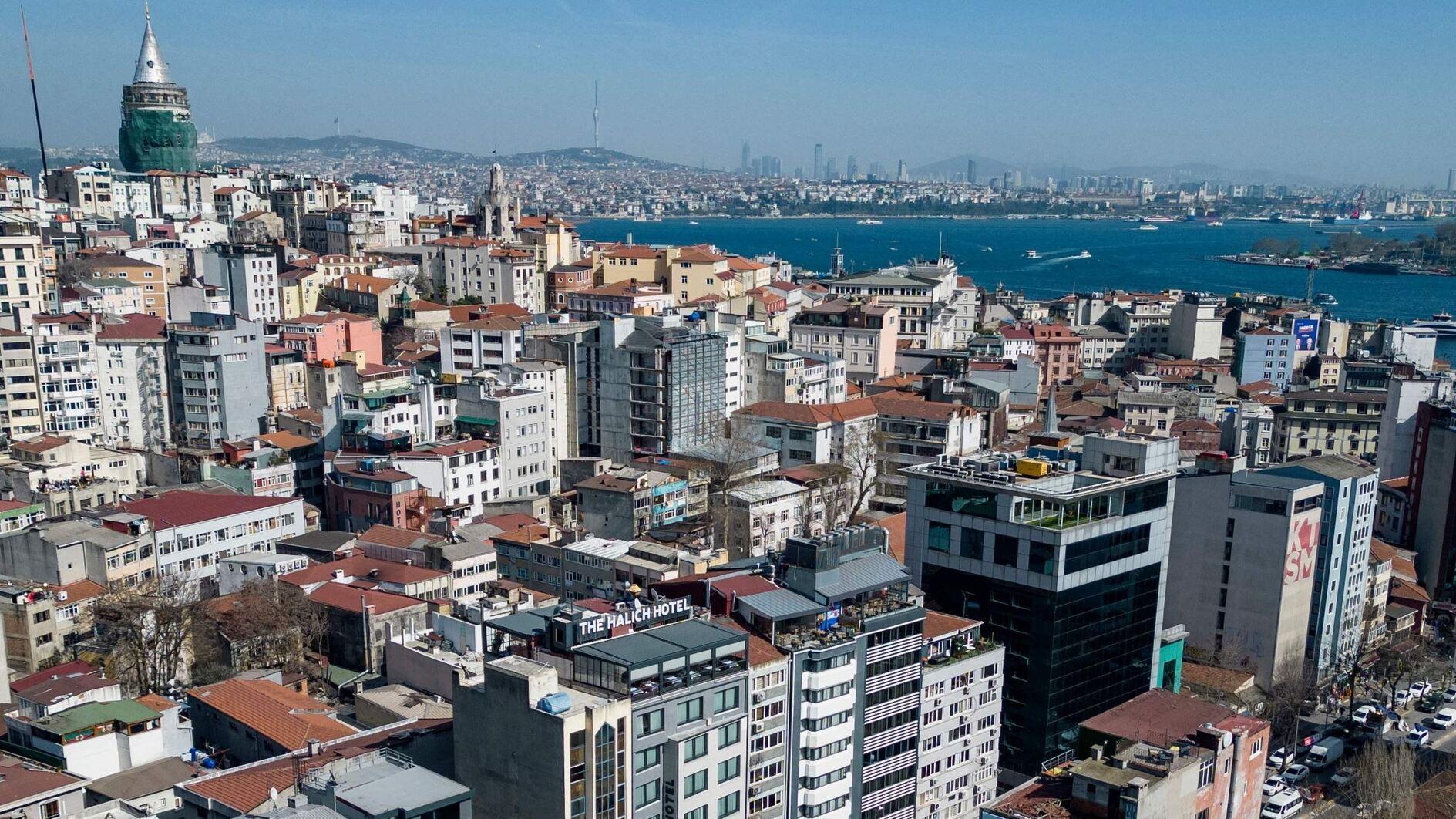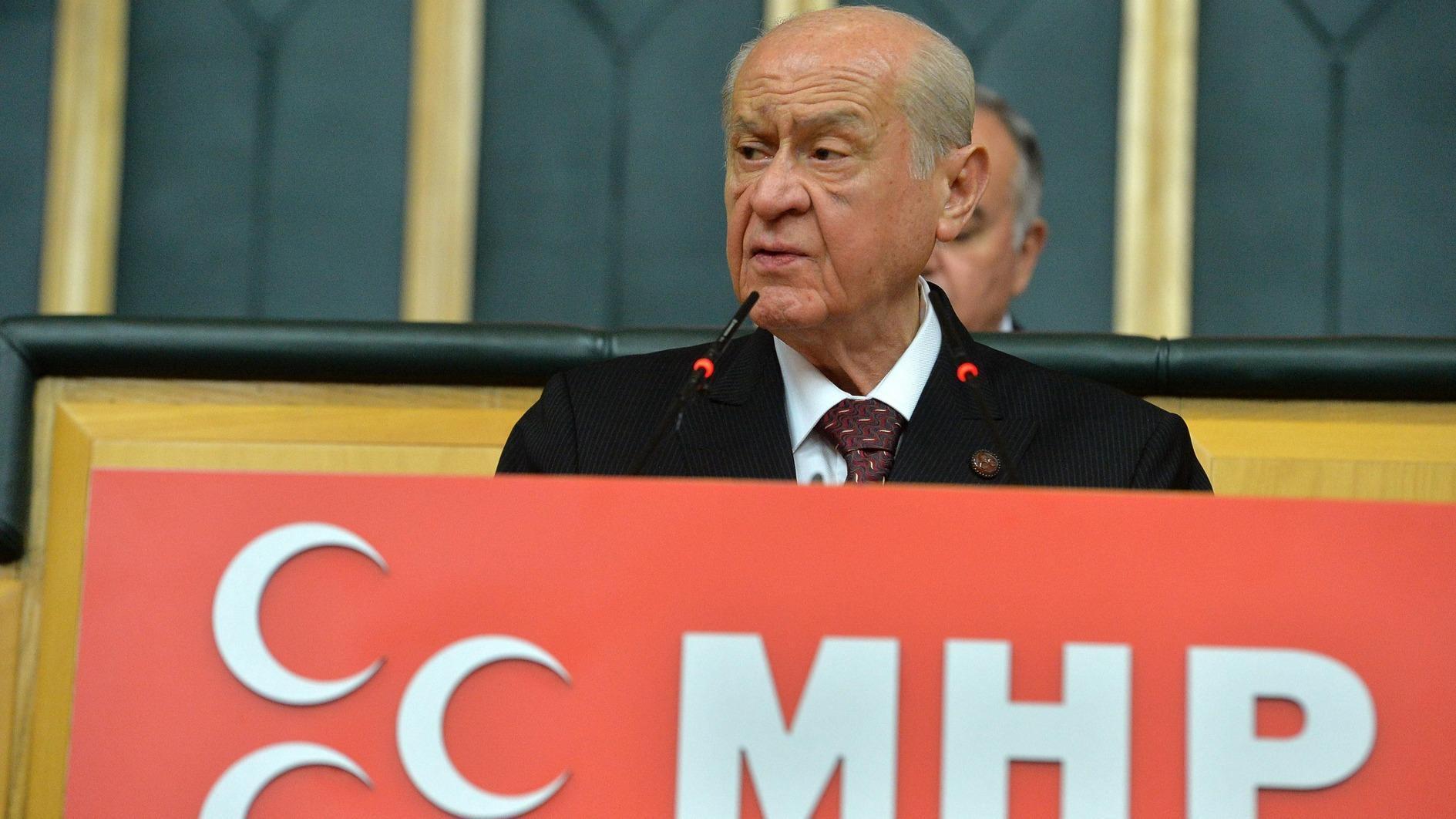Turkey needs a genuinely reform-oriented government
It has been nearly three weeks since Turkey held elections that resulted in the landslide victory of the ruling Justice and Development Party (AKP) government. Parliament will elect its speaker on either Sunday or Monday before Prime Minister Ahmet Davutoğlu formally announces the new government.
This government is expected to rule the country for four years and as Davutoğlu has already outlined, it will have a reformist character. Structurally speaking, a deputy prime minister in the next government will be tasked solely with pursuing the reforms the government promises to fulfill as an indication of the sincerity of Davutoğlu’s commitment.
Next week, we’ll be able to hear more about the reforms the next government will bring to the agenda of the country. But even now, some AKP officials have not hesitated to share what they have in mind with the media.
No doubt, as President Recep Tayyip Erdoğan has also underlined several times, one of the priorities of the government will be the renewal of the constitution. Erdoğan’s goal is to write a new charter to usher in a presidential system, but if you ask Davutoğlu, he would be more open to a charter promoting fundamental freedoms and rights rather than the adoption of the presidential system.
This new constitution will surely bring about this new system which needs to be ratified by the public. Erdoğan is sure that such a referendum will be approved by the people, and that’s why he is pressing the government to try all ways to make it successful.
Given the fact that the process of making the new constitution will take such a long time, the government also has the objective of realizing a number of reform moves in addition to the constitution. This aims at contributing to the ongoing EU accession process that is expected to be re-energized as part of a refugee action plan Ankara and Brussels have long been negotiating for. The influence of this reform package will be important if it deals with Turkey’s top democratization problems: freedom of expression, freedom of press and freedom of assembly as well as the impartiality of the judiciary.
Two other top issues are the Alevi opening and Kurdish peace process, as both are important for societal peace. We have read some more encouraging news pieces about the former as the government has seemingly prioritized resolving the problems of Alevis. News reports suggest that the AKP government is planning to address the problem within the first 12 months of its rule.
There is not much good news about the Kurdish peace process. The government’s conditions for the resumption of talks are so high that the current political environment can hardly meet them. Apart from this, there is also speculation that Erdoğan and his aides believe that the continuation of ongoing security-oriented measures regarding the Kurdish issue will help the government in its efforts to change the constitution through a referendum.
On the other hand, at a moment when the entire world is trying to adjust its anti-terror measures and adopt stricter regulations after continued attacks from the Islamic State of Iraq and the Levant (ISIL), there will be very few who really care about the peace process in Turkey.
The point, however, is the fact that Turkey’s resilience depends on its ability to keep its democracy and human rights intact in the face of such global threats. A more democratic and free Turkey will surely be more united and strong in defeating such external and internal threats.
Reform processes should not be seen in terms of how they could best serve the ambitions of a certain political group or a political figure but rather the continuity of the social and political order of the country.











